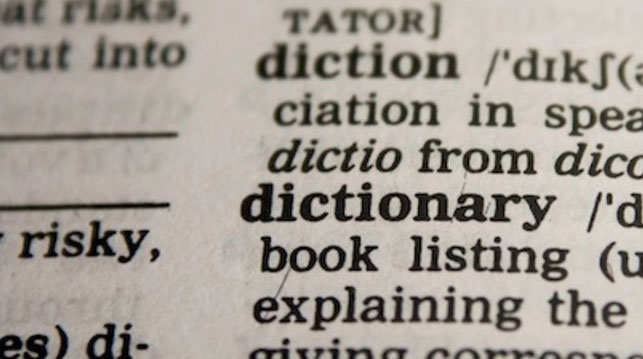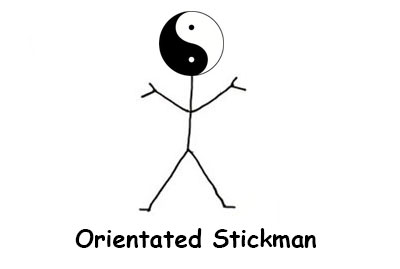
ProofreadingPulse has helpfully weighed in on commonly confused words over the years, including posts on following topics:
In editing, I encounter incorrectly used words (and made up words) all the time, and today I’ll write about some I’ve noticed popping quite a bit recently, particularly in academic writing.
Get a free sample proofread and edit for your content.
Two professional proofreaders will proofread and edit your content.
Irregardless
Some people have taken to using irregardless the same others use regardless, which means “heedless” or “despite.”
I’ll use this word irregardless of having received advice that I should not.
However, irregardless is not a word because it is a double negative with the prefix ir-, meaning “not,” and the suffix –less, meaning “not having.” Broken down this way, irregardless means “not having regard.” Pointless.
Though Merriam-Webster’s dictionary does list include the word, it points out that it is nonstandard for the word regardless. The bottom line: Use regardless, not irregardless, regardless of what others have told you.
Disinterested
There’s a common misconception that this word is synonymous to uninterested, but it is not. Uninterested means “not having interest,” as in “I am uninterested in ice hockey” (i.e., I do not feel any interest in the sport). Disinterested, however, means “lacking in feelings or personal interest.” Because I am so uninterested in ice hockey, I might use a disinterested voice when reading an article about an important tournament. Disinterested can also be used to describe the feeling that occurs when interest fades:
Once upon a time, I loved ice hockey. After suffering many injuries from the sport, I became quite disinterested.
Orientate

Some people use the verb orientate in cases where orient is the correct choice. Orient can have several meanings, including “to put into a certain position (sometimes specifically facing the ‘Orient’—the east” and “to get one’s bearings in terms of location or the facts of a situation.” Orientate, according to Merriam-Webster, has the meaning “to position facing the east.”
(UK English uses orientate more synonymously with orient, but the latter covers the bases better, so it’s a safer choice even if you’re British.)
All three of these words, irregardless, disinterested, and orientate, fall into the category of “words people use to sound smarterTM.” They’re a little longer, less common, perhaps fancier seeming, but please avoid the temptation to be fancy, and stick with being direct—and with using the right word.
Side note: As I was working on this post, I was thinking about how incredible it is that humans are able to know as many words as we do, despite the fact that we may think we know a few more than we really know. And we can use the words we know to talk about and describe the other words we know. Amazing! Ever wonder how many English words you know? Here’s an online test you can take that’s been taken by millions already! You may be surprised (or disappointed) by your results.
Want to improve your vocabulary and therefore your writing? Read stuff, especially fiction! Fiction tends to include a wider range of words than nonfiction, so in terms of mental dictionary building, fiction is the best. Here is an interesting article on how reading fiction can make you talk and write smarter, not fancier.
Sarah P.
Get a free sample proofread and edit for your content.
Two professional proofreaders will proofread and edit your content.
Get a free sample proofread and edit for your document.
Two professional proofreaders will proofread and edit your document.
We will get your free sample back in three to six hours!